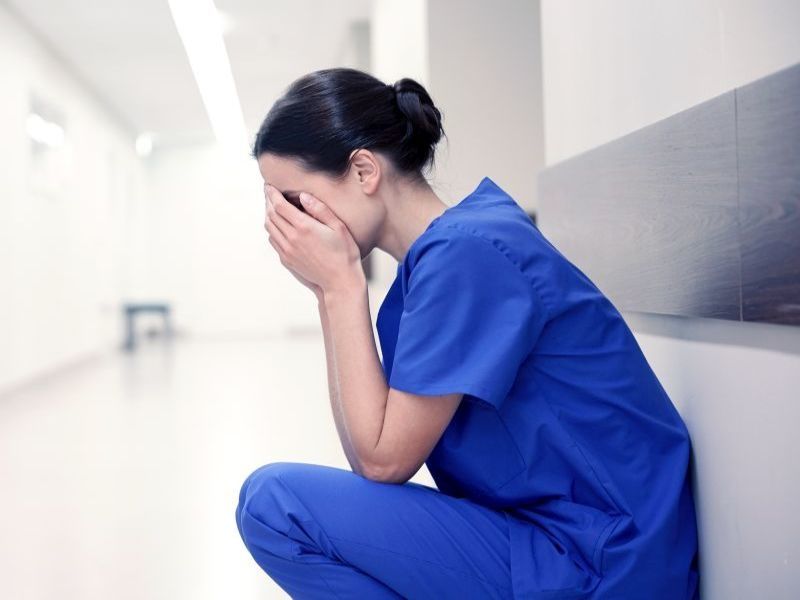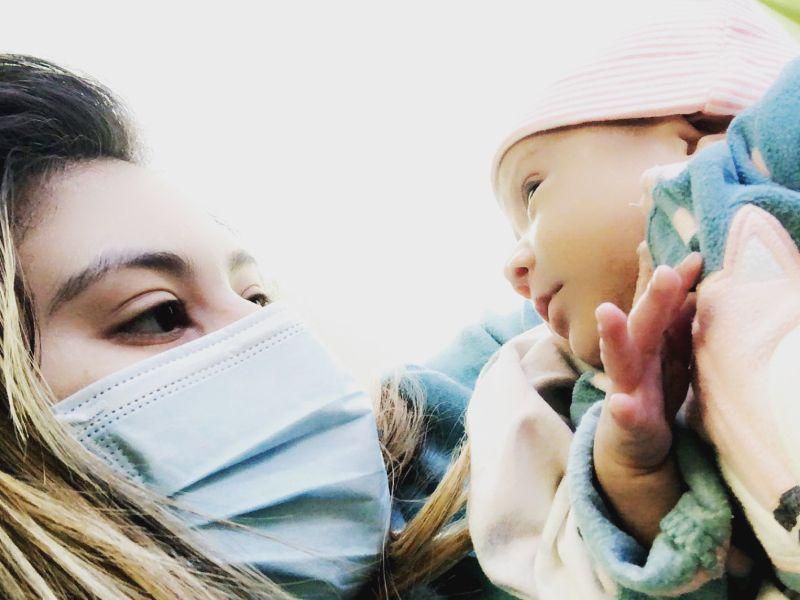
‘Bleeding’ stroke patients with COVID-19 are more than twice as likely to die as those without COVID-19, new research shows. For the study, a research team from the University of Utah analyzed data from 568 hospitals in the United States. They compared a control group of more than 23,300 patients without COVID-19 who suffered a… read on > read on >






























